The number of illegal entrants on the Hungary-Serbia border has grown significantly in recent weeks compared to earlier trends but the number of border violations is not excessively high, Chief Security Advisor Gyorgy Bakondi said, speaking on M1 television on Wednesday.
Authorities apprehended seventy people this past weekend and
more than 3,700 migrants have been caught so far this year,
the Hungarian PM's chief homeland security advisor highlighted. This indicates that there is a certain backflow even though the Serb police have pushed out human smuggling gangs, he added.
Some people smuggling groups on the Croatian-Bosnian border have gone back to trying to smuggle migrants across the Hungarian border, he said, explaining that this route is important to human traffickers because by coming in this direction, migrants have to cross fewer borders on their way to western Europe than if they take the Balkan route.
"The government is closely monitoring information concerning illegal migration coming from the Greek-Turkish border and is prepared to keep protecting the border even under more difficult circumstances,
Gyorgy Bakondi said.
"Meanwhile, more and more European countries are planning to tighten their immigration policies," the chief security advisor noted. Border controls have been re-introduced on the Danish-Swedish border in order to keep out migrant criminal gangs coming from Sweden to commit crimes in Danish territories, he pointed out as an example. The UK and Germany are also planning to tighten their immigration policies, he added.
"Many European countries now think they have too many migrants who are receiving too many benefits,"
Bakondi said. At the same time, he added, the public is becoming politically impatient seeing the many crimes and terrorist attacks committed by migrants over the last ten years, as reflected in this year’s European parliamentary elections.
The negative aspect of migration, which the Hungarian government has "repeatedly and quite clearly spoken about" since 2015, has been confirmed. Seeing illegal migration primarily as a security issue rather than a social issue is becoming more and more prevalent among member states, the chief advisor said. He emphasized that
despite a lack of emphasis on tackling the problem in EU forums, member states are planning national measures to stop migration.
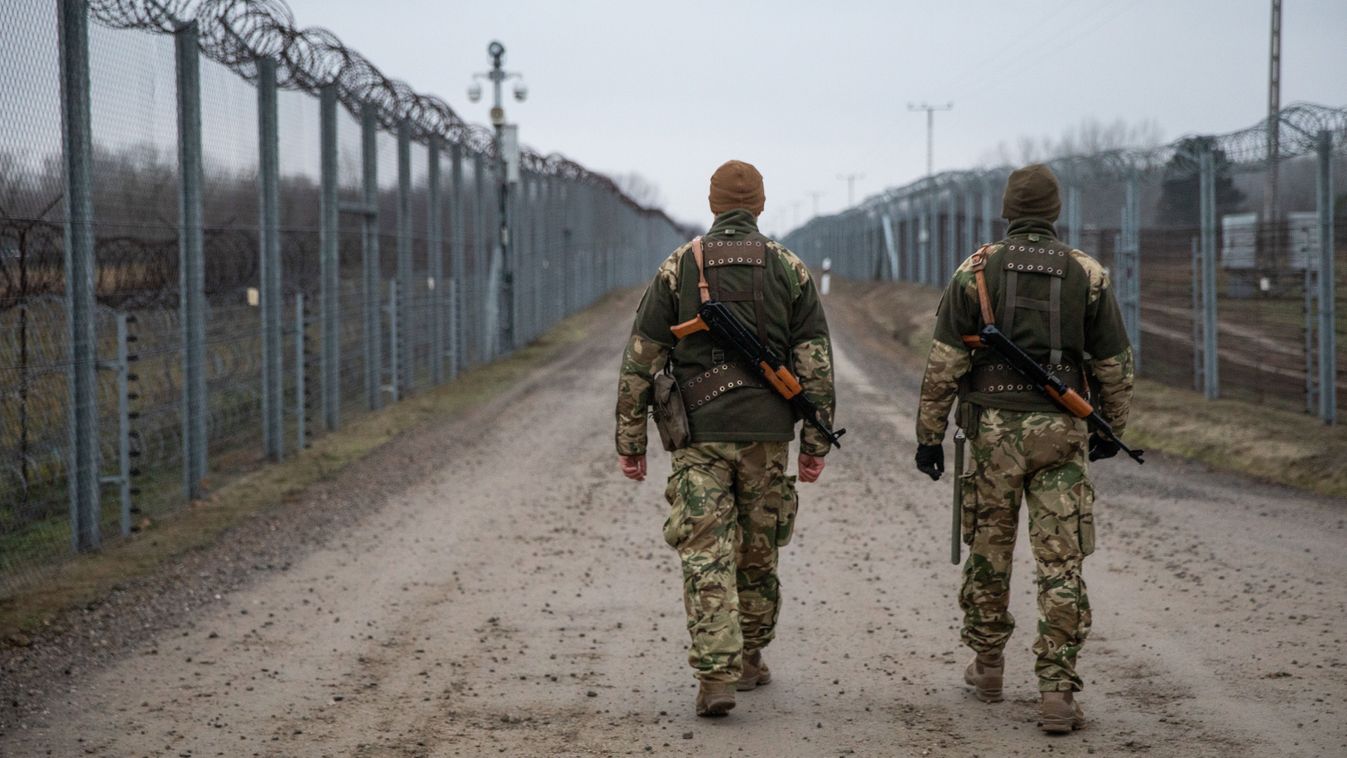






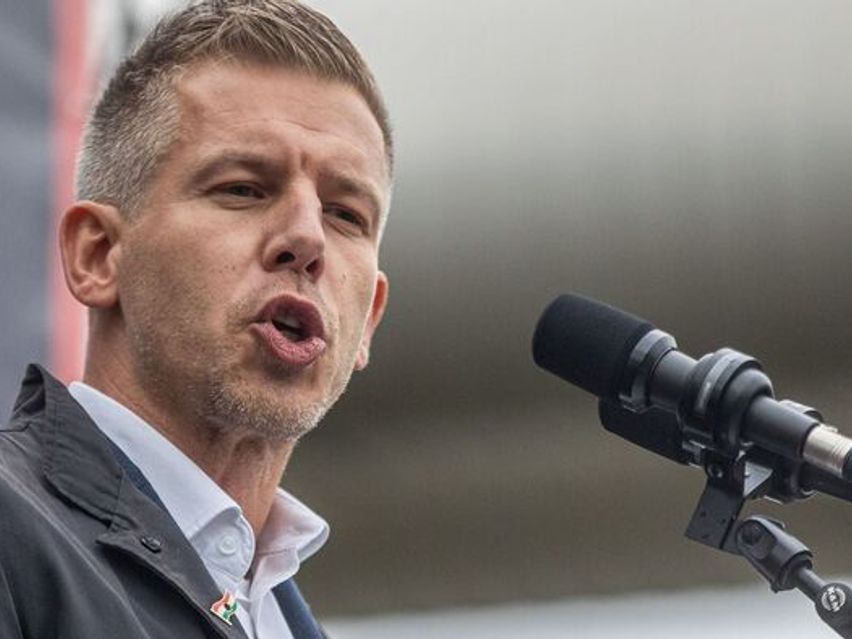



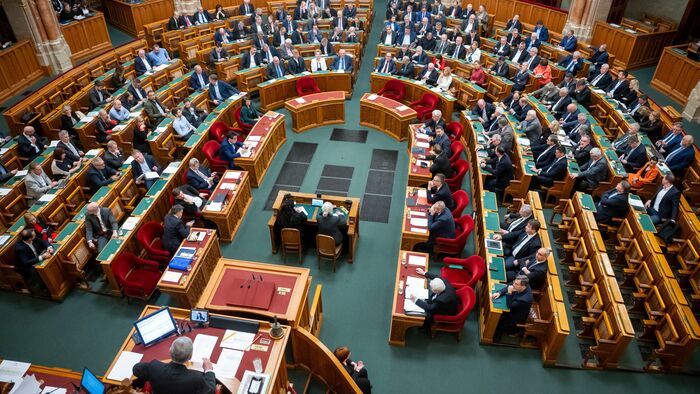
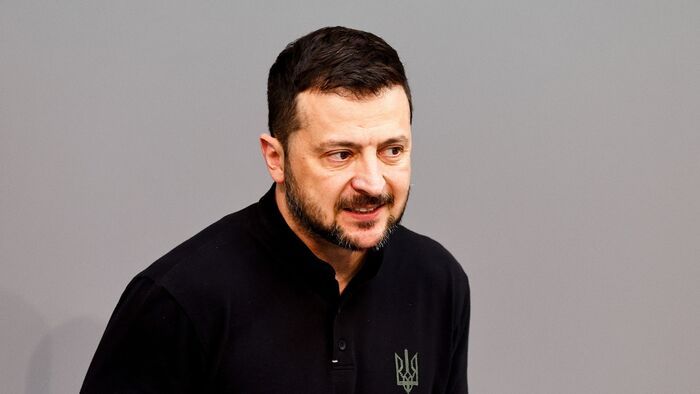


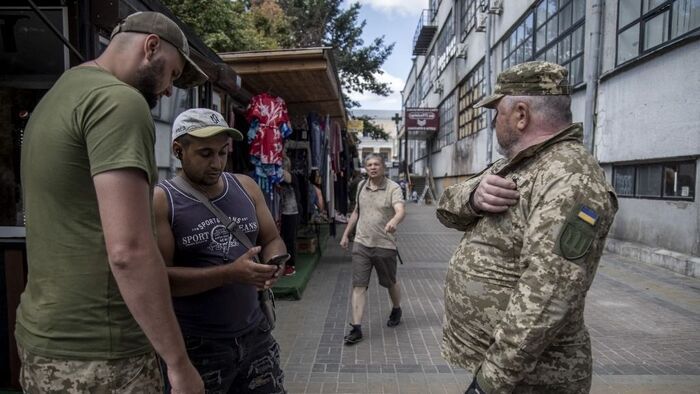







Szóljon hozzá!
Jelenleg csak a hozzászólások egy kis részét látja. Hozzászóláshoz és a további kommentek megtekintéséhez lépjen be, vagy regisztráljon!